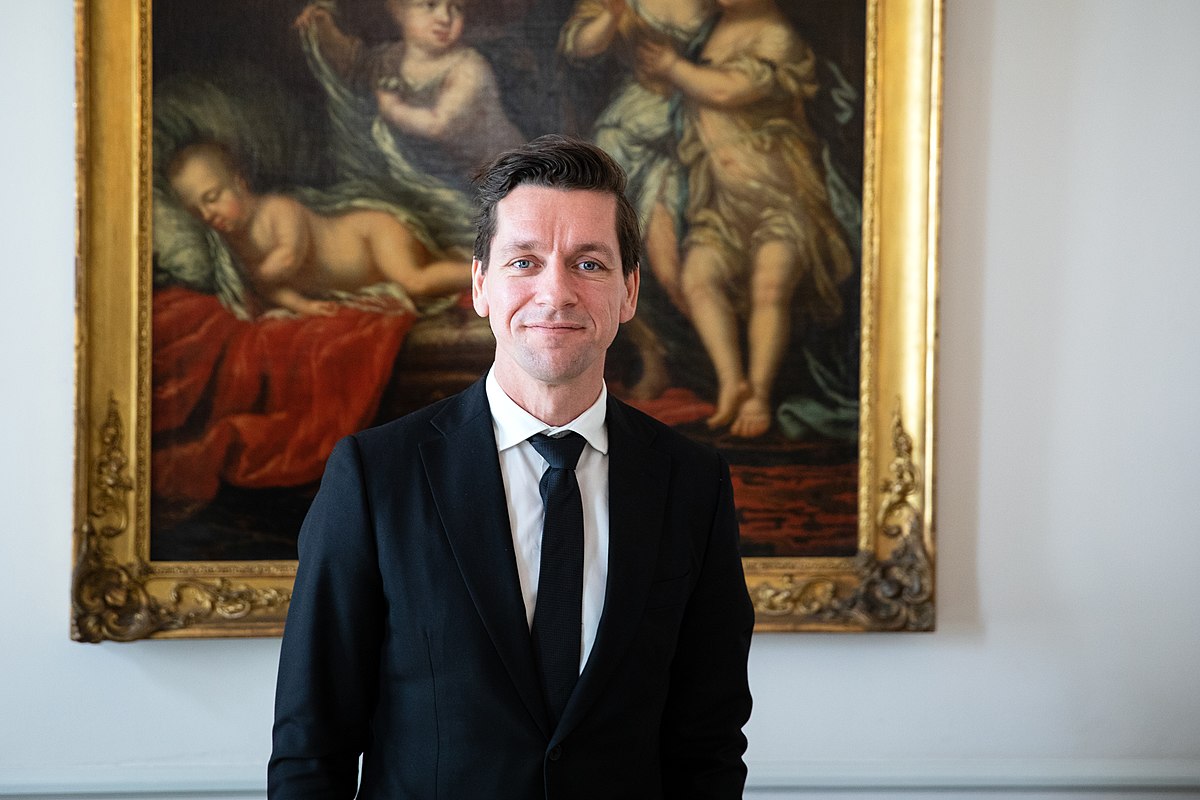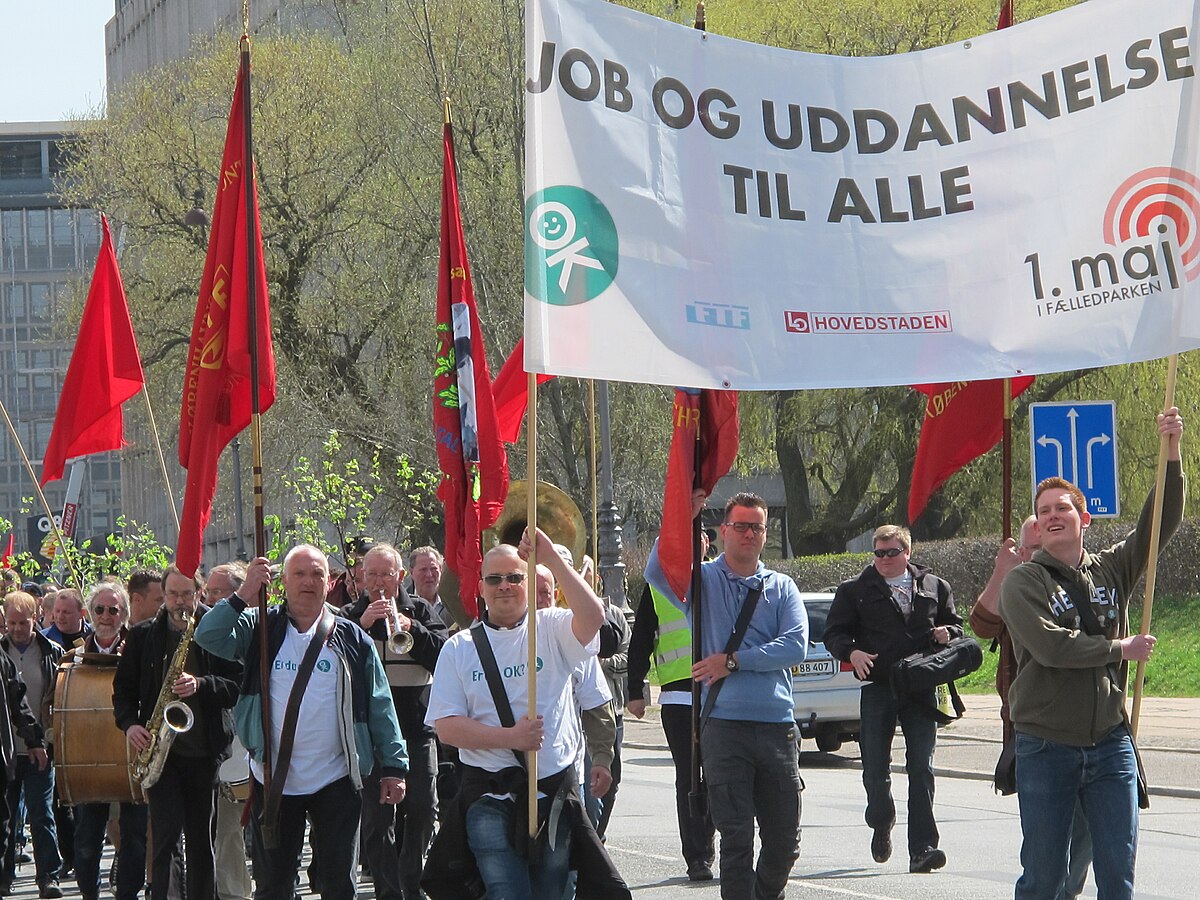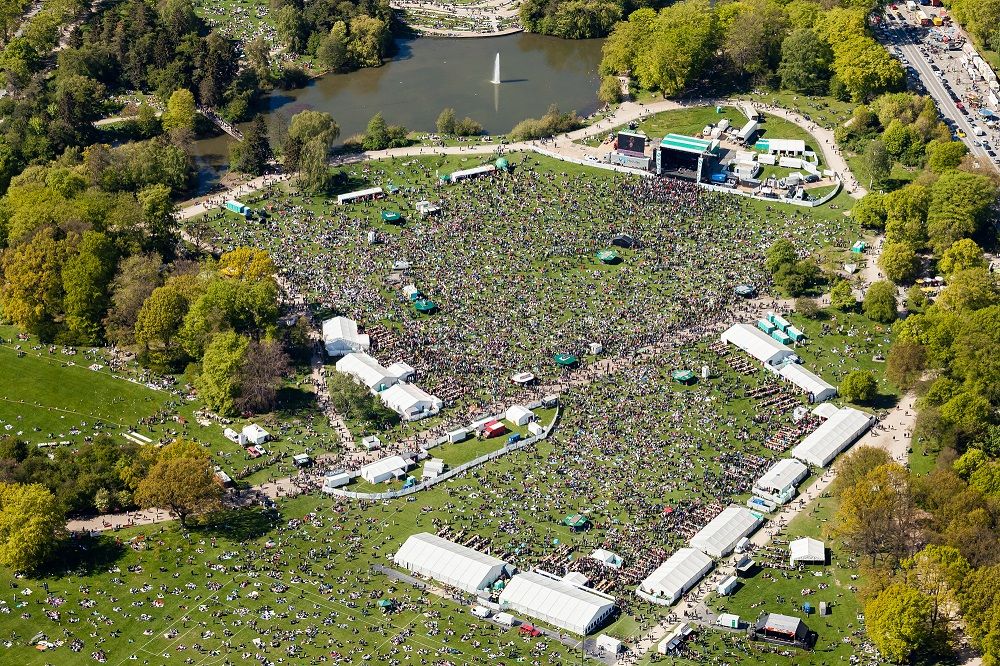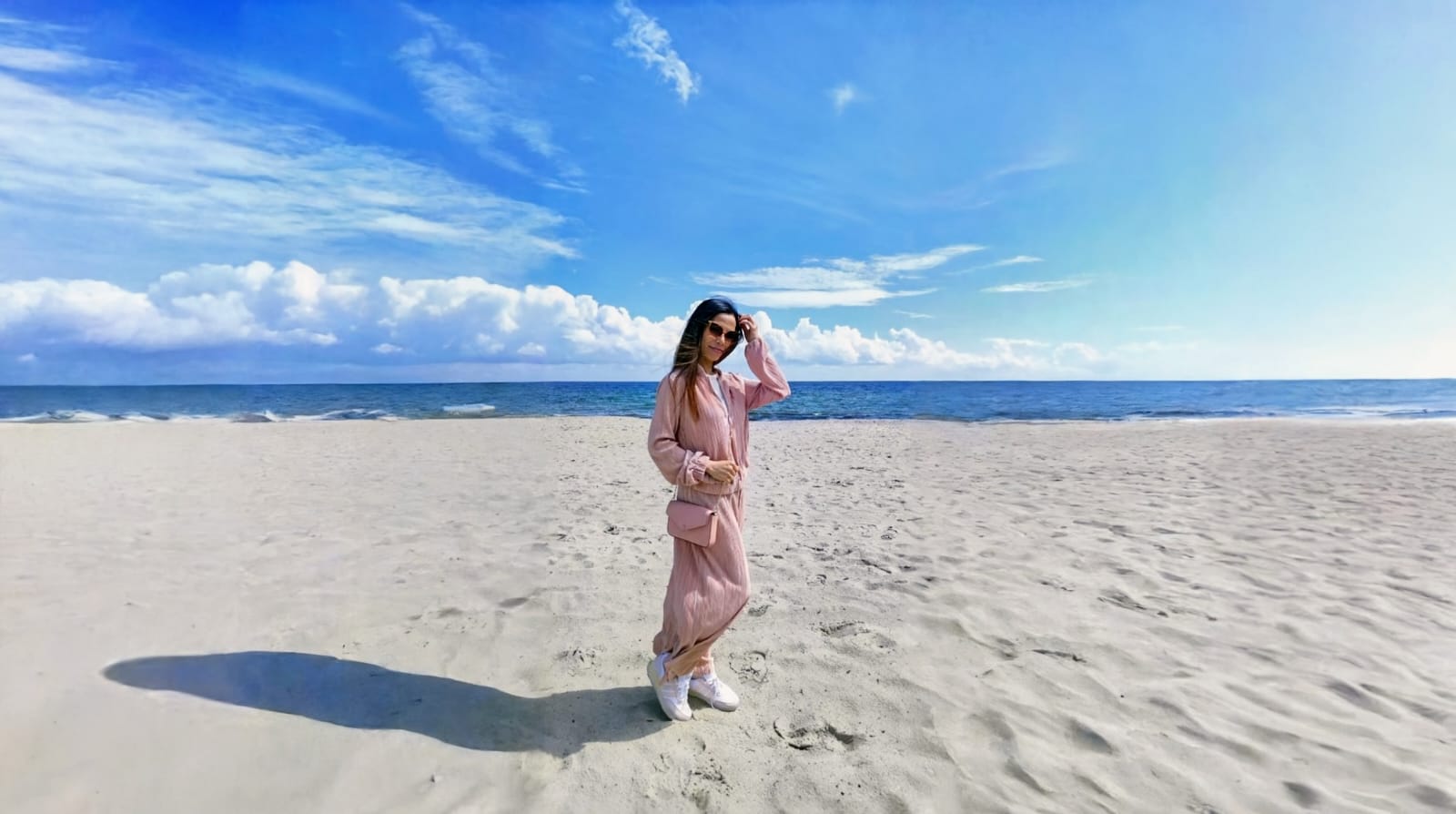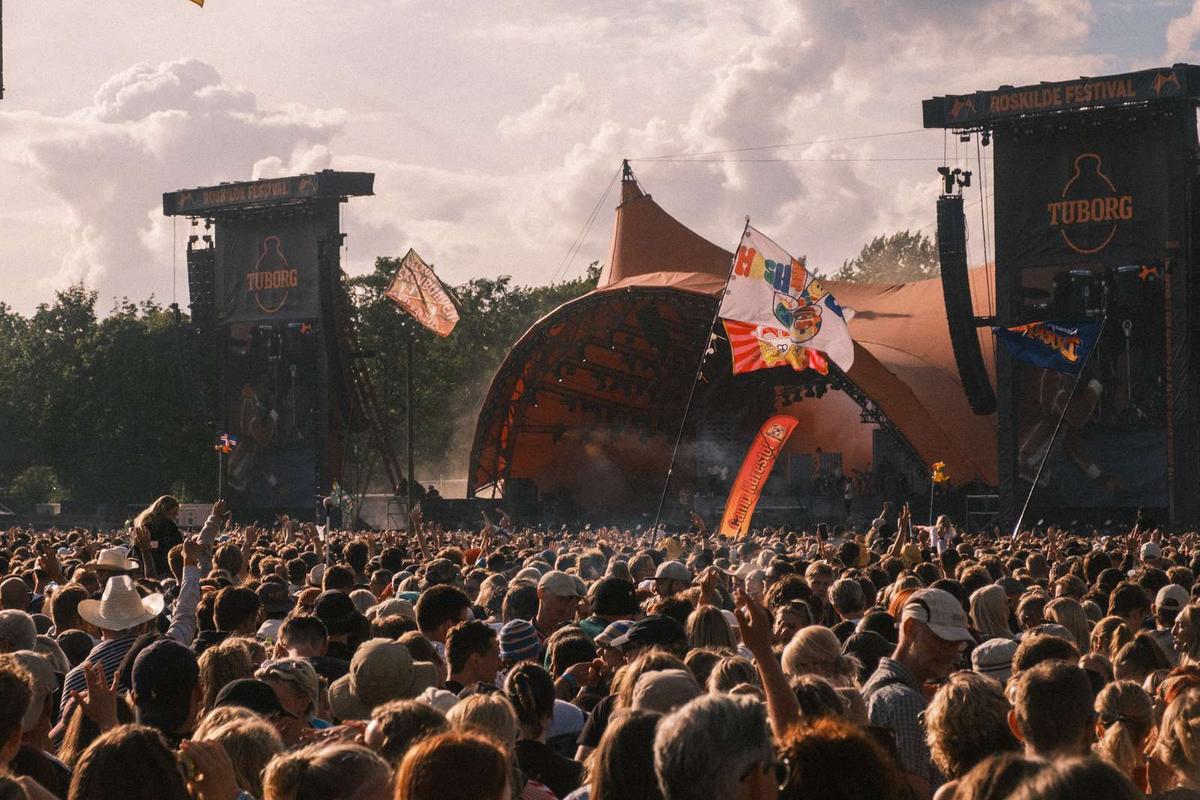Yesterday, Denmark’s parliament debated a bill proposing a 50% increase in the citizenship application fee, raising the cost from 4,000 to 6,000 DKK.
The bill, backed by the governing parties and the opposition Liberal Alliance, also introduces a new 3,000 DKK fee for repeated applications.
Applicants who were born in Denmark or arrived before the age of eight will be subject to a lower fee of 4,000 DKK.
Defending the increase when it was first presented last year, Denmark’s Minister of Immigration and Integration, Kaare Dybvad Bek, stated that the adjustment is necessary to align the fee with the actual costs to the state in processing applications.
“The new fee would more closely reflect the costs that the Danish state actually has in processing the cases,” Bek said, adding
“The ministry has seen several examples of applicants applying many times and being rejected every single time. In my opinion, it is not right that people can apply again and again without paying.”
Opposition calls fee unfair and restrictive
The proposed increase faced criticism when it was first introduced. Peder Hvelplund, the immigration spokesperson for Enhedslisten, claims that the real motivation behind the bill was to make acquiring Danish citizenship more difficult.
“The real reason is not to cover the costs. The real reason is to add further difficulties for obtaining Danish citizenship,” Hvelplund said, continuing
“A 6,000 kroner fee is already more than a five-fold increase from what it was just a little over ten years ago.”
Hvelplund had this to say about concerns over increased disenfranchisement of internationals:
“It’s important to remember that citizenship is part of being a full member of Danish society and that it brings the right to vote in parliamentary elections. So this is also an unfair fee for participating in democracy,” he said.
Zenia Stampe, a spokesperson for Radikale Venstre, shares these concerns.
“(The bill) is another attempt to make it more difficult to apply for and acquire citizenship in Denmark,” she commented and concluded,
“Instead of increasing fees to cover the cost of administering Denmark’s complex citizenship requirements, the ministry could save costs by making citizenship automatic for anyone born in Denmark who reaches the age of 18 with no criminal record and who has passed their final exams at primary school level.”
Shifting political stance on citizenship
Hvelplund also objects to the shift in the Social Democrats’ position on citizenship policy.
“If we go back just 15 or 20 years, it was easier to oppose all the additional difficulties that they are putting in the way of obtaining citizenship,” he points out, explaining
“Often, we could rely on the Social Democratic Party, but today, the Social Democrats are almost as far-right as the far-right on the question of citizenship.”
He further pointed out that while Denmark’s approach to foreign workers has evolved, its stance on citizenship has not seen a similar shift.
“If you look at work permits, it’s a question of ‘Can the society benefit from these people?’ But in the question of citizenship, it is also a question of ‘Can a Muslim have the right to vote in Denmark?’”
Fee increase goes against broader trend
This new increase would follow a series of fee reductions in other areas of Denmark’s immigration system. At the beginning of the year, fees for work visas, student visas, au pair permits and residency permits for accompanying family were lowered by hundreds of kroner.

